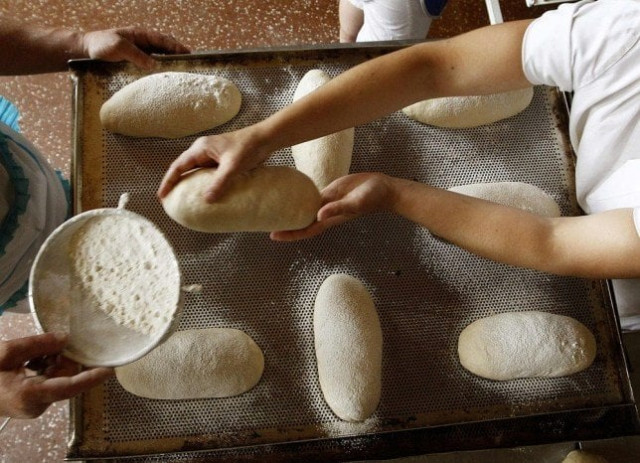In Pakistan, food scientists develop multigrain flour to tackle malnutrition
UAF VC says 58% of country’s population is facing food insecurity

PHOTO: REUTERS
UAF Vice Chancellor Dr Muhammad Ashraf disclosed this while speaking at a workshop titled “Composite Flour Technology”.
The workshop was organised in collaboration with the National Institute of Food Science and Technology (Nifsat), UAF, as part of the project “Composite flour technology: a step towards managing malnutrition and food security in Pakistan”.
Maxgrain flour has been produced by Project Manager Dr Imran Pasha and Dean Food Sciences Dr Masood Sadiq Butt. The product will also be commercialised.
The composite flour has been developed by analysing a combination of cereals such as wheat, corn, barley, oat, millet, sorghum, quinoa and 54 other combinations.
Ashraf pointed out that wheat flour, being a staple food, lacked iron, zinc and amino acid, which were essential for a person. He stressed the need for creating awareness of the issue and for consuming the multigrain flour for a healthy life.
“About 58% of our population is facing food insecurity. Pesticides and other harmful material are contaminating food, causing illness and health hazards,” he said.
Ashraf suggested that honey, eggs, yogurt and milk should be added to the daily food intake.
Dr Masood Sadiq Butt pointed out that the UAF multigrain project had been presented to Bill Gates at the Washington State University as a step towards fighting malnutrition and was appreciated. “Despite having plenty of food, we are facing a malnutrition crisis,” he remarked and emphasised that people should have a balanced diet and adopt physical activities as part of their daily routine.
Butt suggested that education about nutritional and balanced food at the school level would help overcome the challenge.
Project Manager Pasha informed the audience that they had developed a combination of Chapati, bread and cookies. Out of the 54 combinations, 10 compounds of each product - chapatti, bread and biscuits - were selected and analysed based on the nutritional and sensitive attributes.
Published in The Express Tribune, January 31st, 2020.
Like Business on Facebook, follow @TribuneBiz on Twitter to stay informed and join in the conversation.



















COMMENTS
Comments are moderated and generally will be posted if they are on-topic and not abusive.
For more information, please see our Comments FAQ